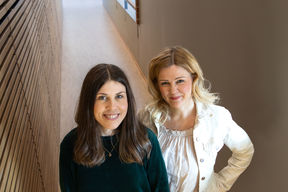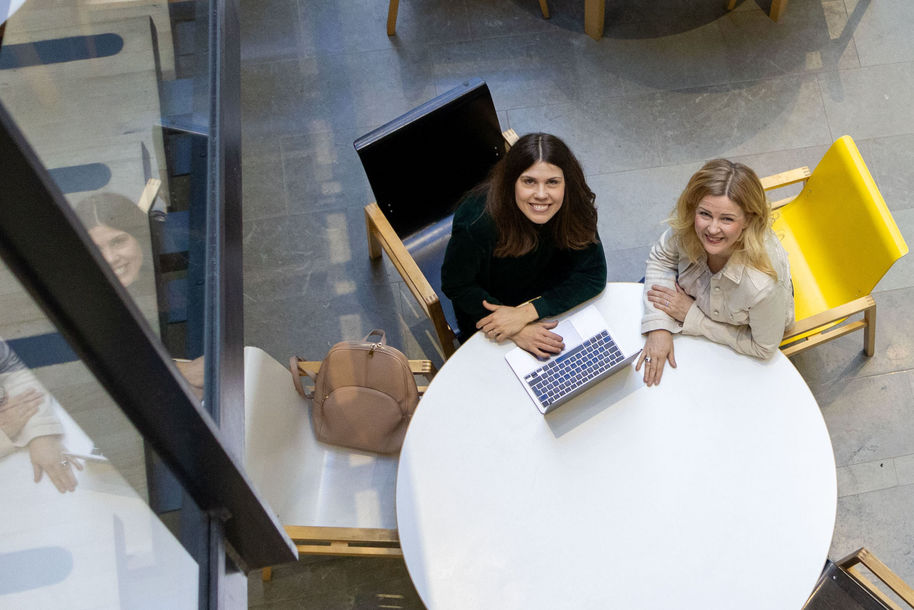Well-being through reflection
The responses also revealed that people's coping strategies often don’t actually contribute to their recovery. ‘People often don’t know what’s stressing them and what to do about it. For example, if a person is feeling lonely, running alone in the woods may not be the best solution. On the other hand, if your team is overcommunicating and you feel overwhelmed, the team should create some rules for communication to enable both connection and focus time,’ says Nordbäck.
According to the study, the teams that engaged in reflection were the ones that did best, both as individuals and as a team. Team members openly shared their experiences and concerns, and then the team and members adapted their practices to ensure everyone’s wellbeing. But these teams are in the minority, according to the study.
‘Working life is now very individual-oriented, which means that the team may be forgotten altogether. That has an impact on the viability of organisations for the long haul,’ Nordbäck continues. Team leaders should make sure that team members are communicating and making informed compromises with each other so that individual and team wellbeing both receive enough attention.
Along with Nordbäck and Nurmi, the research team also included Jennifer Gibbs (University of California), Maggie Boyraz (California State University), and Minna Logemann (City University of New York). ‘Relationships between people are one of our strongest motivators. We’re long-standing friends and meet as a research fivesome at a conference once a year. When we did research together, we always focused on the welfare issues first. It's always worth taking the time to reflect,’ Nurmi says.
Further information:
Assistant Professor Niina Nurmi, Aalto University, Tel. +358 50 577 1693, email: [email protected]
Assistant Professor Emma Nordbäck, Hanken School of Economics, Tel. +358 50 567 7528, email: [email protected]






